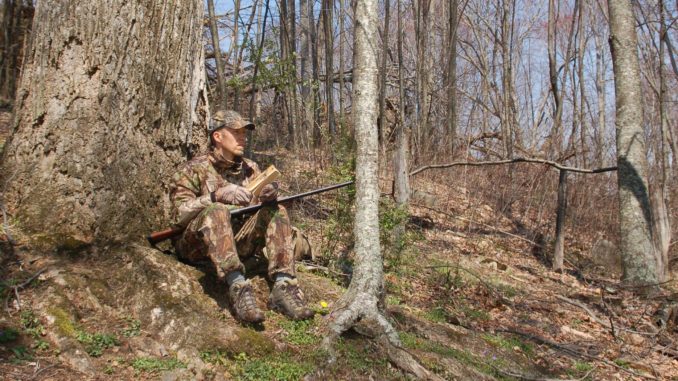
Chris Kreh, the N.C. Wildlife Resources Commission’s top wild-turkey biologist, offered a few turkey tips from a biologist’s perspective.
• Individual turkeys don’t establish and defend specific territories as most birds do. Instead, they use a social pecking order. An individual gobbler’s response to calls or decoys will depend in large part on his place in that pecking order. Tactics that work great on a dominant gobbler may send a subordinate running the other way.
• In early April, most hens haven’t been bred, and hunters often find themselves in competition with hens. The situation is often much-different in late April and early May. By then, most hens have been bred and are nesting, and hunters may find it easier to call in a gobbler. Don’t give up if you don’t bag a turkey the first week or two.
• At all stages of their lives, turkeys are subject to predator attacks. Turkeys are exceptional flyers and runners, so predators rarely chase them down. Most predators kill turkeys by ambushing them. Consequently, turkeys are apt to avoid situations where an ambush is likely. Hunters would be well-served to keep this in mind and avoid trying to call a gobbler into a thicket or tall grass, for example.



Be the first to comment